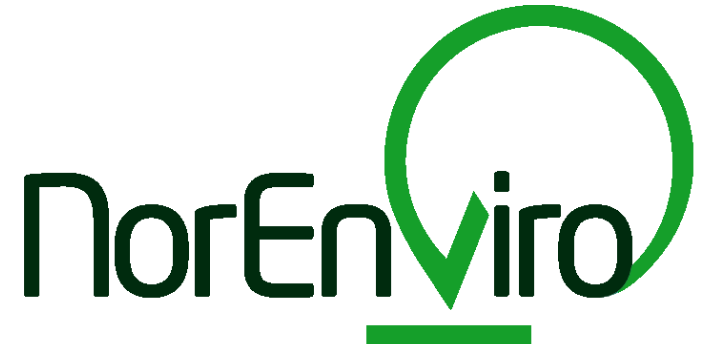Product name
Wood chips, beech; wet, manual harvest, hardwood forestry; at forest road
Reference flow
1 kg DM
System boundaries
The dataset represents manual harvest of beech in France. The dataset covers stand establishment (production of seedlings in an unheated greenhouse and planting), tending and cleaning, thinning, manual final harvest and chipping. Construction and maintenance of infrastructure, like machinery and forest roads, are included. The system ends with wood chips at forest road. The activities over one rotation period are included.
The activity starts with site preparation assuming establishment of the forest via planting, including seedling production and covers all process related to forest management, including site preparation, planting, tending, young growth tending, clearing, thinning, and harvesting operations including the processing of wood fuel to chips, bundles and chopped wood (logs for energy) over one rotation period. It also covers the maintenance and construction of forest roads. This activity ends with the assortments at the forest road and includes eventual drying before transportation.
Wastes and end-of-life
Use advice of the dataset
The dataset should be used to analyze the impact from beech wood chips that originate from thinning operations in France. Measured as dry mass
Technology description
For the chipping in the stand, a productivity of 25 m3 bulked/PMH is assumed (based on Cremer & Velazquesz). For wood chips chipped in the stand, a productivity of the forwarding of 70 Sm3 bulked/PMH with a diesel consumption of 9.5 l/h of the forwarder is assumed. 24.4% thinning (mechanical) and 76.6% (manual) final harvest
Quality level
Fair
Location
France (FR)
Geographical representativeness description
The dataset is based on dataset on harvest of hardwood in Germany from Wernet et al. (2016). The dataset has been adjusted to reflect beech forests, and beech forest management in France. The adjustments include changes in the harvesting methods to mirror the relative share of manual harvesting vs mechanized harvesters in the eastern parts on France, the allocation between clear-cut and thinning, and the area used for different practices (Pelletier, 2017).
Quality level
Fair
Reference year
2017
Time representativeness description
Data represent 2017 for the specifications of French beech management while original ecoinvent data are largely based on a data source from 2009. Data are still considered representative due to small developments in forest management and harvest operations.
Time quality level
Fair
LCI method principle
Attributional
Other comments on methods approaches
Cut off for mass or energy flows
All known inputs are included.
Data treatment and extrapolations principles
In communication with French Institute of Technology for Forest-based and Furniture Sectors (FCBA), it was recommended to use the ecoinvent (v3.8) dataset for beech from Germany as representative for beech from the eastern parts of France. The ecoinvent database provides well documented process data and is widely used in Europe. The data set “hardwood forestry, beech, sustainable forest management” was selected. This dataset covers the production and harvesting of 1 m3 of stemwood, beech, solid, under bark, plus the relative share of energy wood from slash from sustainable forest management as the prevailing management practices in Germany (Wernet et al., 2016). Changes were made to allocation principles, harvesting regimes, and area used to reflect French beech forestry (Pelletier, 2017).
Data collection period
2017 – 2021
Data set generator
Andreas Brekke
References
Cremer, T. and B. Velazques-Marti (2007): Evaluation of two harvesting systems for the supply of woodchips in Norway spurce forest affected by bark beetle. Croation Journal of Forest Engineering, 28(2): 145-155.
Pelletier, C. (2017). Analyse environnementale et économique des filières bois-énergie. Université de Lorraine, Retrieved from https://tel.archives-ouvertes.fr/tel-01765854/document (2017LORR0331)
Wernet, G., Bauer, C., Steubing, B., Reinhard, J., Moreno-Ruiz, E., & Weidema, B. (2016). The ecoinvent database version 3 (part I): overview and methodology. The International Journal of Life Cycle Assessment, 21(9), 1218-1230. doi:10.1007/s11367-016-1087-8
Access and use restrictions
Open












